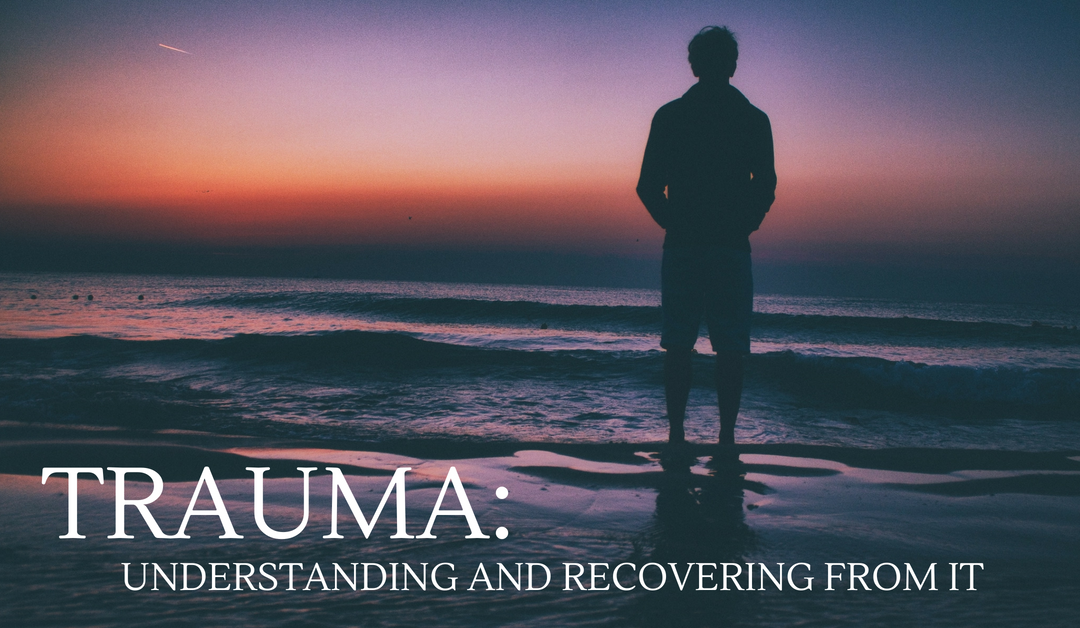Trauma can come from various life instances, and the recovery process can look different for different people. For some, it takes a period of time to heal from trauma. For others, seeking professional treatment is necessary for recovery.
Everyday situations might trigger flashbacks, which may lead to feelings of anger, fear, anxiety, guilt or numbness. Coping skills and grounding techniques are used to work through past traumatic experiences, especially when a painful flashback from the event resurfaces.
Below, we offer tips on how you can begin taking steps towards recovering from a traumatic event.
Meditation
Meditation and mindfulness techniques can help you overcome the side effects from trauma. When first learning how to meditate, try using a guided meditation app. One such app is Insight Timer. Insight Timer offers free, guided meditations, meditation music and group discussion options.
Deep breathing
Increased respiration is one of your body’s fight-or-flight responses. During a moment of panic, focus on breathing in deeply through your nose and out through your mouth. Pay close attention to how your body reacts when talking or thinking about the traumatic event and identify coping skills that make your mind and body feel calm. Commonly used coping skills are muscle relaxation exercises, meditation, yoga or spending time outside.
Talk to someone
After experiencing a traumatic event, it is important to talk to someone you trust, such as a therapist, a family member or a friend. Find someone who will listen without interrupting and won’t be judgemental. Lean on these individuals while learning how to cope with your trauma.
If you or someone you know is looking for further guidance on how to recover from a past trauma, consider speaking to a South Bay clinician. Our trauma-focused therapy treats each individual with a specific program tailored to your needs and provides you with the perfect combination of professional therapy and guidance. During a session, you can expect the clinician to provide you with examples of different types of trauma and help you determine symptoms of Post-Traumatic Stress Disorder (PTSD).
For more information, contact us at 508-521-2200 or click here.

